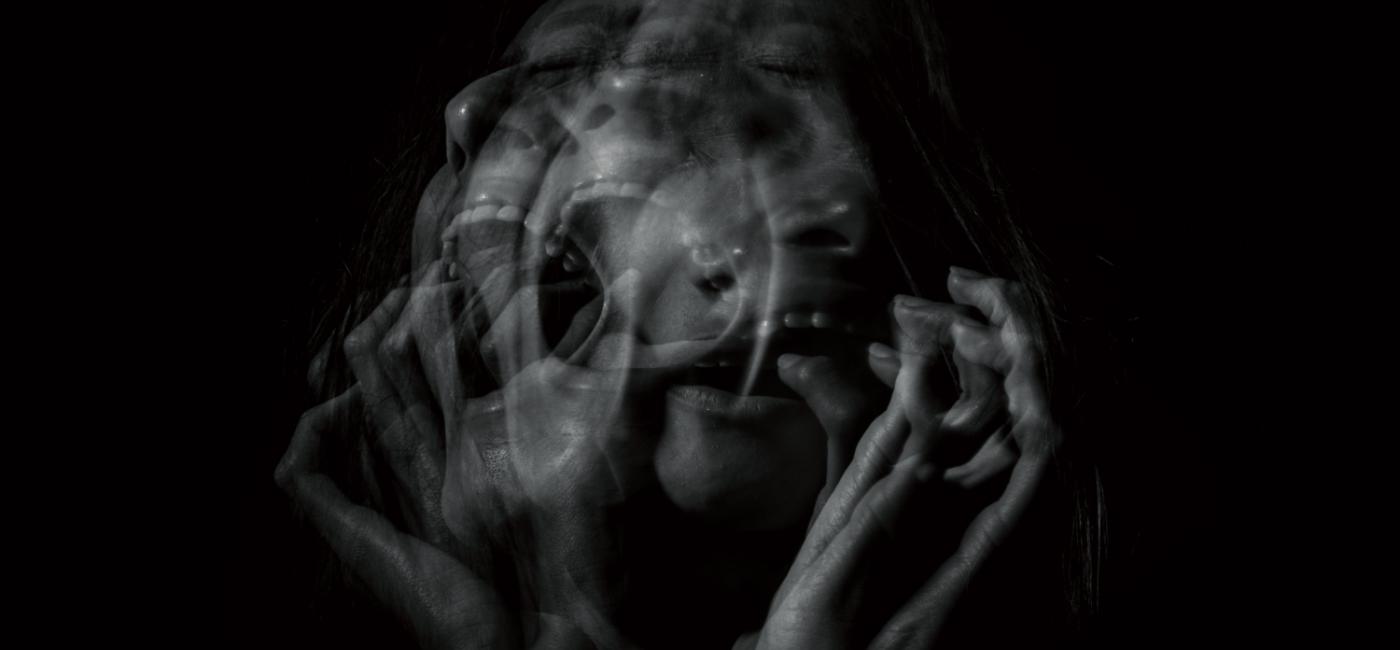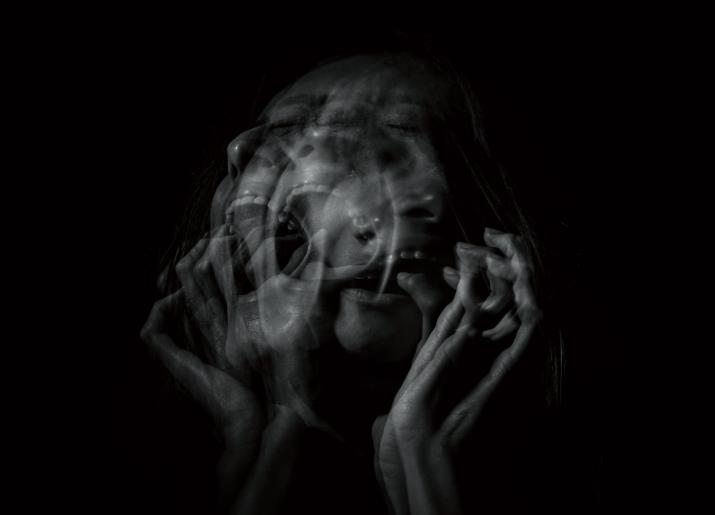A Sheep in Wolf’s Clothing

Saint Maud might be dressed up like a horror story, but the reason for the profound impact it has had, both as a film and carrying over into our stage production, is because it deals with things that are deeper, sadder and more universal about the world we find ourselves in today
It is fitting that the film Saint Maud was released, although not intentionally, just as the world shut down to control the spread of Covid. Had anyone to date created such an effective film about the horror of loneliness? Of course, Saint Maud is about many things, and perhaps delights in resisting easy explanations. But, at the heart of the piece is the profound solitude of a central character, a person on a mission to carve out a place and purpose in a world characterised by disconnect and isolation.
At the start of the story Maud has chosen devout Christianity as her path to meaning but we learn soon that this was not always her guise. She tries on different identities like new hats, each one fitting a little less comfortably than the last. There is something innately theatrical about this quest for the right role. An actress in search of a character.
Enigmatic American writer Thomas Pynchon said that each person’s life is a “successive rejection of personalities”. This desperation for purpose and connection, this utter fear in the face of the unknown, the uncontrollable, are clear symptoms of our time. The WHO has already declared a loneliness epidemic in the wake of the pandemic.
The reasons for Maud’s loneliness are complex, as they are for all of us. In a world devoid of welcome, people are forced to carve out a sense of home wherever they can find it, even if it leads to dangerous places.
So why use horror to tell a story with such sadness at its centre? Just as sci fi has been used for centuries to address our political anxieties, horror uses sensory and thematic extremity to talk about things deep within the human psyche. Our fears, our shame, our desires and our inner struggles are given form that transcend the every day.
One of our greatest Victorian ghost story writer’s MR James wrote repeated narratives about the appearance of a mysterious, irrational force as a means of expressing the unknowable within himself. In his instance, this was most likely a sexuality and identity he never felt safe to embrace in the open. It’s hard to imagine a loneliness deeper than that.
In Saint Maud we have intense religious devotion and some of the extreme bodily images that go with it, from baptism to martyrdom. All this imagery speaks of something simpler, and desperately human beneath it. As Maud pursues her mission and its somewhat terrifying end, there is throughout the solitude of the human at its centre. The play explores fundamental questions about how to exist and relate to each other in this increasingly fraught world, even if it uses shock, fear and fire to get you there! Saint Maud runs from Thu 10 Oct to Sat 2 Nov. Book tickets.






